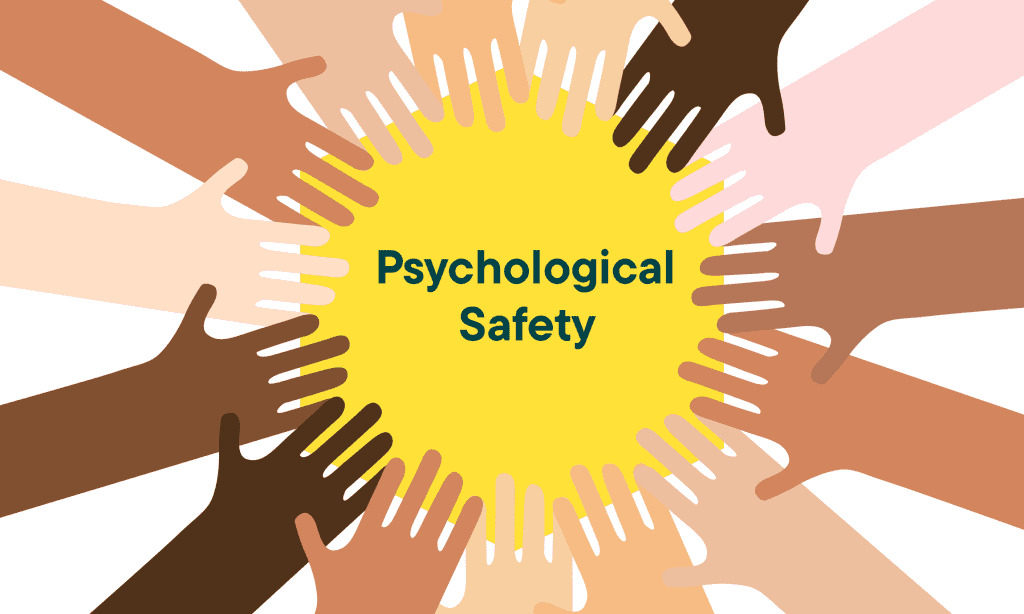Humans are driven to constantly seek improvements in comfort and safety, fueling innovation from the earliest use of tools. This drive, however, is paradoxical as it suggests that while we strive for comfort, achieving total and continuous comfort is not part of our design.
The concept of psychological safety, as described by Amy Edmondson in “The Fearless Organization,” emphasizes the importance of risk-taking, admitting mistakes, and asking questions without fear of reprisals, becoming self-evident in modern organizational culture. Similarly, Babineaux and Krumboltz’s “Fail Fast, Fail Often” highlights the value of viewing failures as learning opportunities in action-oriented environments.
Despite these ideals, practical implementation often falls short. Over time, “psychological safety” and “fail fast” have been reduced to managerial catchphrases, with employees becoming hesitant to take risks or voice concerns.

The Paradox of Comfort and Redefining Psychological Safety in Organizations
Psychological safety has been misconstrued as a state of being free from stress, responsibility, and risk, where true comfort is equated with the absence of these elements. This misinterpretation leads to a transfer of risk to product owners and stakeholders, distancing tech workers from decision-making and reducing them to mere executors of instructions.
This shift creates a toxic environment where the primary goal is to minimize personal risk and stress, leading to a culture of compliance where tech workers are seen as interchangeable parts. As a result, practitioners become order-takers, relinquishing ownership and the associated stresses of problem-solving. This mindset undermines the intrinsic value of their work and diminishes their sense of professional pride and responsibility.
To foster high-performing teams, it is crucial to redefine psychological safety. This involves creating environments where risk-taking is encouraged and supported, rather than avoided. According to Edmondson, psychological safety means being able to take interpersonal risks without fear of punishment or humiliation. Thus, true safety lies in the ability to take risks and learn from them, rather than avoiding stress altogether.
Leaders must cultivate a culture that tolerates mistakes and focuses on the learnings they provide. Encouraging risk-taking and open communication is essential, but success should be measured by the value created rather than the quantity of failures. Collaborative efforts in design and problem-solving often yield superior results compared to isolated approaches.
By reimagining technology’s role in organizational structures and fostering a mindset of continuous improvement and responsibility, teams can achieve greater professional success and personal fulfillment. Embracing discomfort and transparency in risk management ultimately leads to more innovative and resilient organizations.









































